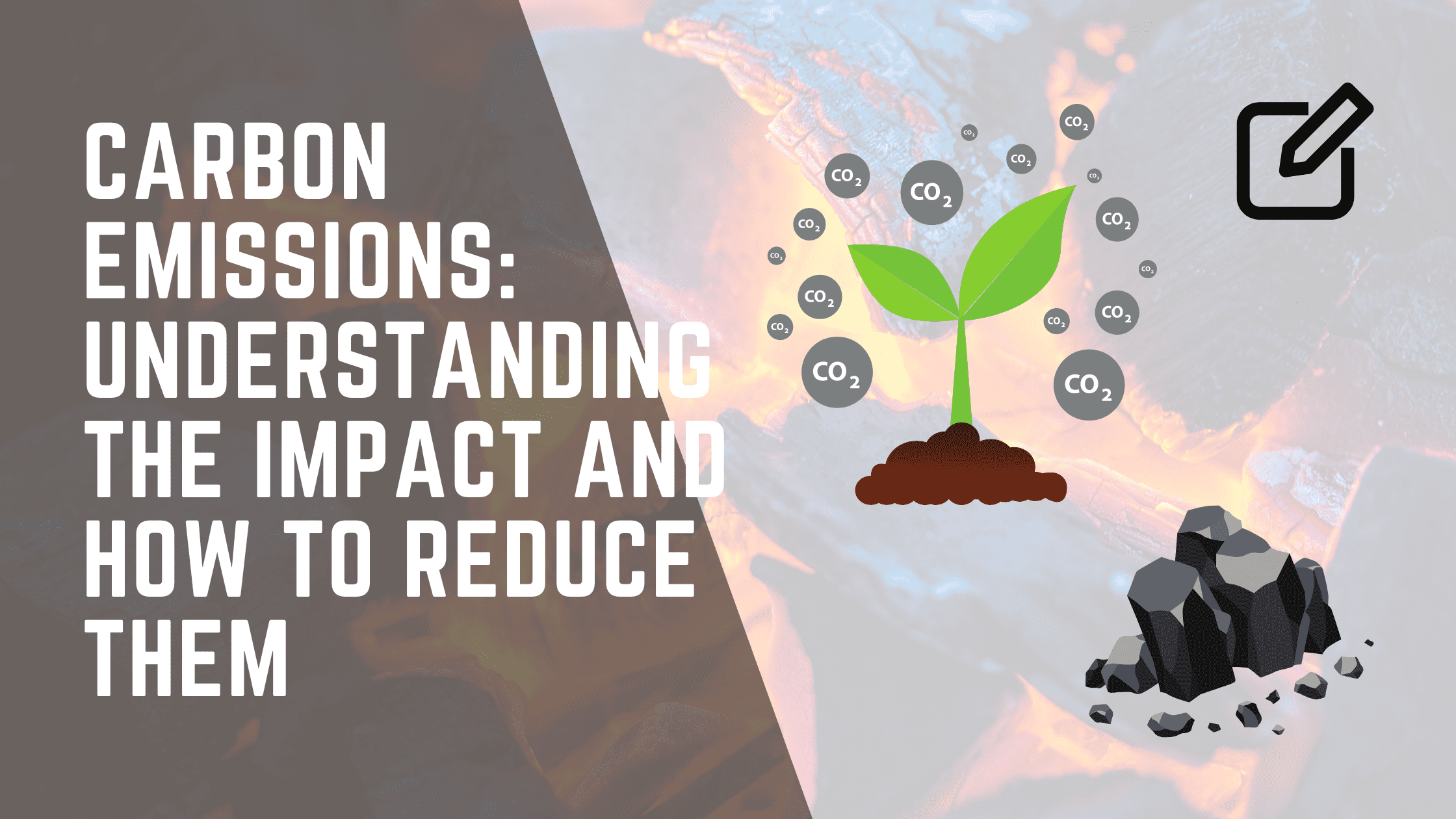Carbon emissions refer to the release of carbon dioxide (CO2) and other greenhouse gases into the atmosphere. These emissions result from human activities such as burning fossil fuels for energy, deforestation, and industrial processes. The increase in carbon emissions over the last century has led to a warming of the planet, causing climate change and its related impacts such as rising sea levels, more frequent natural disasters, and changes in weather patterns.
The transportation sector is a significant contributor to carbon emissions, with cars and trucks responsible for a large portion of these emissions. The electricity sector is also a significant contributor, with coal-fired power plants being among the largest emitters.
To reduce carbon emissions, individuals and governments can take various steps. For example, individuals can reduce their carbon footprint by using energy-efficient appliances, driving less, and choosing renewable energy sources. Governments can incentivize the use of clean energy and enforce regulations to limit emissions from industries. Additionally, investing in research and development of new technologies that reduce emissions can also play a crucial role in mitigating the impacts of climate change.
In conclusion, reducing carbon emissions is crucial in the fight against climate change. By taking individual and collective action, we can create a more sustainable future for ourselves and future generations.


0 responses to “Carbon Emissions: Understanding the Impact and How to Reduce Them”